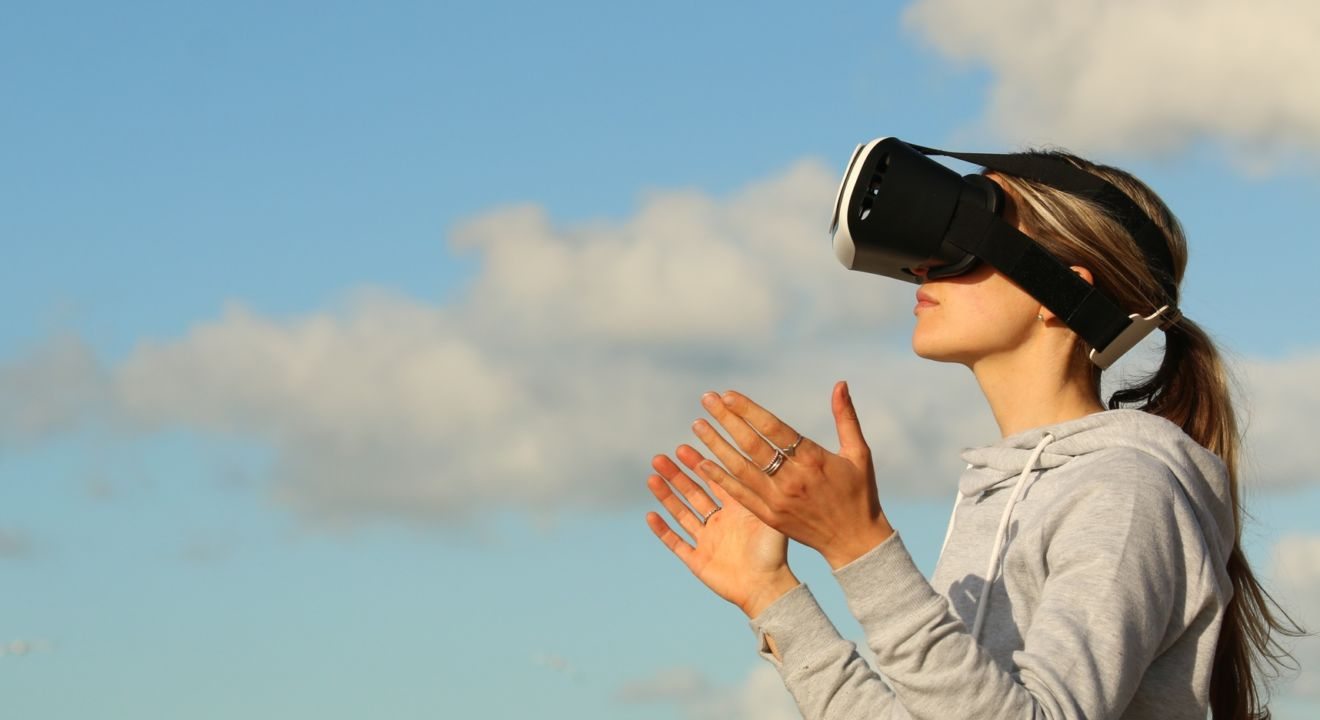Culture August 8, 2016


In 1924, the idea of films with sound was ridiculous. Then, just a year later, Warner Brothers released “The Jazz Singer,” the first talking film. Now, the idea of a movie without sound is unthinkable.
The addition of sound changed the way we make movies and tell stories. A more modern comparison to this could be the addition of Virtual Reality (VR) in filmmaking. In the last year, VR has become the next potential format for filmmakers of both story-based fictional films and documentaries. The use of Virtual Reality and products like the Oculus Rift not only changes the way the films are made, but will change the way the story is told.
Typically, VR tech items like the Oculus Rift have only been applied to the world of gaming. However, in March a trailer for the film “Henry” was released. This was the second film to be made exclusively for the Oculus Rift by the Oculus Story Studio, the first being a film called “Lost.” According to Oculus Story Studio Producer Edward Saatchi, “In film, it’s all frozen in time. In virtual reality, the actor is alive in every moment.” Overall, the Oculus team seems to think virtual reality breaks down the boundary between the viewer and the character to make the storytelling less static.
So how will this affect the film industry and the average movie-goer? With this new medium of VR, the film industry has started to explore its options in terms of creating an entirely new way of watching movies.
In late 2015, the Sundance Film Festival launched a talent program for virtual reality filmmakers. The program is a six-month residency run by Sundance’s New Frontier program. Sundance Institute executive director Keri Putnam stated, “Virtual reality and other multimedia forms are accelerating the evolution of storytelling. We hope their unique voices, diverse perspectives, and creativity will help define the potential of this new medium.”
Robert Stromberg, the director of Walt Disney’s hit “Maleficent” and an executive at Virtual Reality Co. in Los Angeles told The Wall Street Journal that “For decades, we’ve been watching as observers in a dark theater. Now, we’re taking on the role of observer [inside the movie’s] world.” Virtual reality filmmaking seems to be trying to do just what its name implies and the world awaits to see just how much can be done with an entirely new medium of watching films.